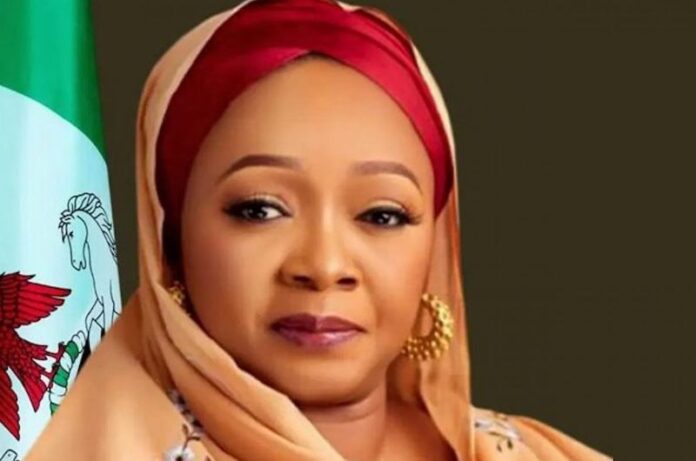The Federal Government has initiated steps to review the 2003 Child Rights Act (CRA) to enhance the protection and development of Nigerian children, according to Hajiya Imaan Sulaiman-Ibrahim, Minister of Women Affairs.
In a statement signed by Najaatu Alwan-Hassan, Director of Information and Public Relations, the minister announced the review during her visit to an orphanage in Gwagwalada Area Council of the Federal Capital Territory (FCT). The visit aligns with President Bola Ahmed Tinubu’s administration’s commitment to child welfare.
The CRA, passed into law in 2003, incorporates provisions from international treaties such as the United Nations Convention on the Rights of the Child. However, challenges in implementation and gaps in legal protection have necessitated its review.
Hajiya Sulaiman-Ibrahim disclosed that the review was mandated by First Lady Senator Oluremi Tinubu, who has taken a personal interest in ensuring the rights of Nigerian children are fully protected.
“This review is not just a bureaucratic exercise but a nationwide commitment. The Federal Capital Territory is serving as the pilot state to test the implementation protocols that will later extend nationwide,” the minister stated.
She emphasized the government’s zero-tolerance stance on child abuse, stressing that orphanage certifications and adoption processes were under scrutiny. “We are reviewing adoption protocols and the certification of orphanages to ensure absolute protection for every child. This will reinforce our collective fight against abuse,” she added.
The minister praised stakeholders in the social development sector for their unwavering support, highlighting the importance of collaboration in driving child protection reforms.
“Our media partners play a crucial role in sensitizing and advocating for these changes,” she remarked, calling for continued cooperation to achieve nationwide protection standards.
Dr. Adedayo Benjamins-Laniyi, Mandate Secretary for FCT Women Affairs, reiterated that the directive from the First Lady was a “call to action.” According to her, the FCT has been selected as a model for enacting and testing these reforms.
“There are 91 orphanages in the FCT, and we are undertaking a full review in collaboration with traditional rulers and other stakeholders to ensure no child is left behind,” she explained.
Dr. Benjamins-Laniyi added that the Ministry of Women Affairs remains the first point of intervention for every child in need. “We are committed to ensuring all institutions representing child welfare are involved in this intervention process,” she noted.
Since its enactment, the Child Rights Act has faced uneven adoption across Nigeria. While some states have fully domesticated the Act, others have lagged due to cultural and religious barriers. This inconsistency has left many children vulnerable to abuse and exploitation.
Experts have long called for a harmonized approach to child protection, urging the government to address issues like child labor, trafficking, and abuse within institutional settings. The current review aims to close these gaps and align Nigeria’s child protection laws with global best practices.
Hajiya Sulaiman-Ibrahim assured Nigerians of the government’s determination to uphold children’s rights, adding that the review process was gaining momentum.
“This is a 100 percent commitment from President Tinubu’s administration. Our children deserve better, and we are doing everything to ensure their rights and welfare are protected,” she affirmed.
The review of the CRA is expected to include stricter penalties for violators, improved oversight of child welfare institutions, and streamlined adoption protocols.
Civil society organizations and activists have welcomed the government’s efforts but stressed the need for transparency and inclusivity in the review process.
A social worker, speaking on condition of anonymity, expressed optimism but urged authorities to focus on implementation. “The Act itself is comprehensive, but implementation has always been the problem. We need to see real action, not just promises,” she said.
The review process is expected to involve consultations with stakeholders, including traditional rulers, civil society groups, and international partners. This collaborative approach aims to ensure the reforms are both effective and culturally sensitive.
As the government accelerates its review of the Child Rights Act, many Nigerians hope these efforts will lead to meaningful change and provide a safer, more nurturing environment for the nation’s children.
“This is about the future of our country,” Hajiya Sulaiman-Ibrahim concluded. “By protecting our children, we are safeguarding Nigeria’s tomorrow.”

